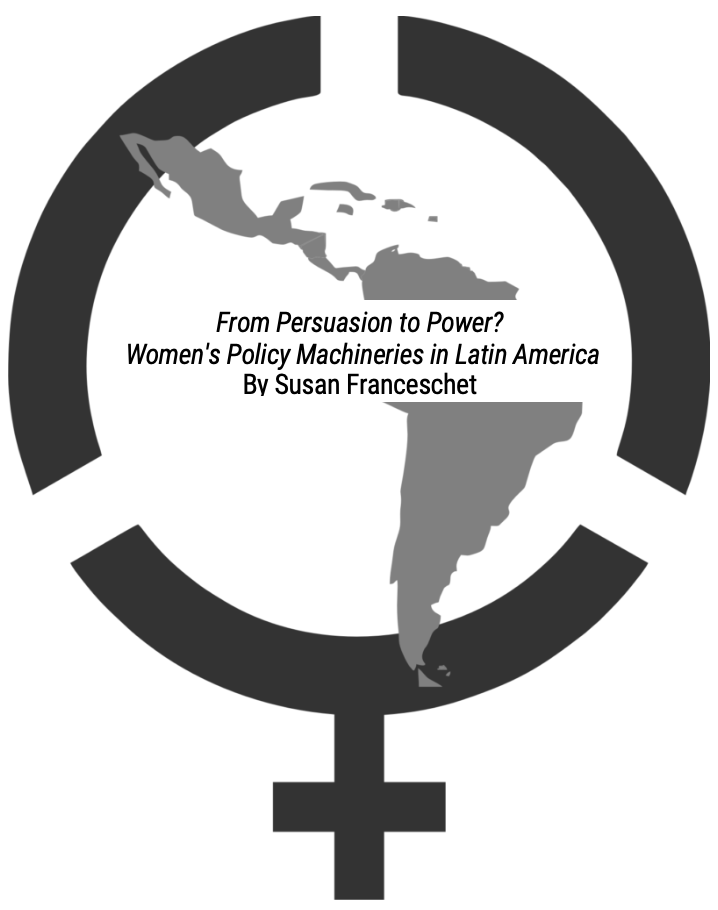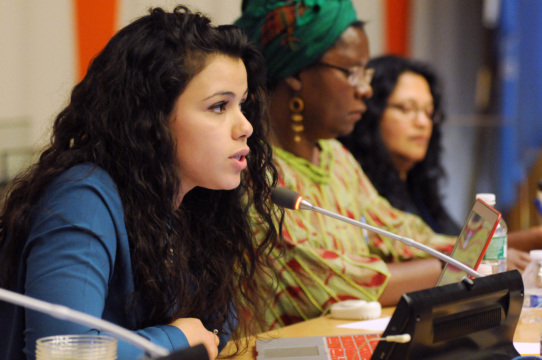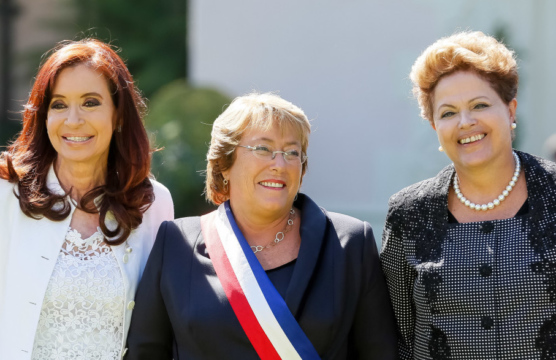What Roles are Women Playing in Mexico’s Drug War?
What roles are women playing in Mexico’s brutal drug trafficking war?
Throughout Latin America and the Caribbean, women’s policy agencies (WPAs) have been created in the context of democratization and state modernization, a context which has exerted considerable influence over the trajectory of these agencies throughout the 1990s and 2000s.
Because the recent wave of democratization in the region occurred amidst heightened global awareness of gender inequality and the emergence of transnational norms prescribing more proactive state responses for improving the status of women, all Latin American and Caribbean countries have created some form of policy machinery for women. Although some countries created agencies in the 1980s, most did so in the 1990s. While the most visible role played by these agencies is to design policies to promote women’s rights, a less visible but nonetheless crucial role is to help to create an environment in which women in other arenas — civil society and electoral politics — can have a greater impact.
Despite substantial progress in recent years however, numerous challenges remain in ensuring that the gender equality commitments made by Latin American and Caribbean governments at international and regional forums are translated into reality. This paper outlines the central roles that WPAs can play in the struggle for gender equality, and analyzing the extent to which agencies in the region are able to fulfill these roles effectively.
This report was prepared for the conference "Women in the Americas: Paths to Political Power" (2007).
What roles are women playing in Mexico’s brutal drug trafficking war?
How are women faring in Latin America? Where has progress been made and how has that been achieved?
Would this be a more compassionate, more peaceful planet if more of it were ruled by women?


